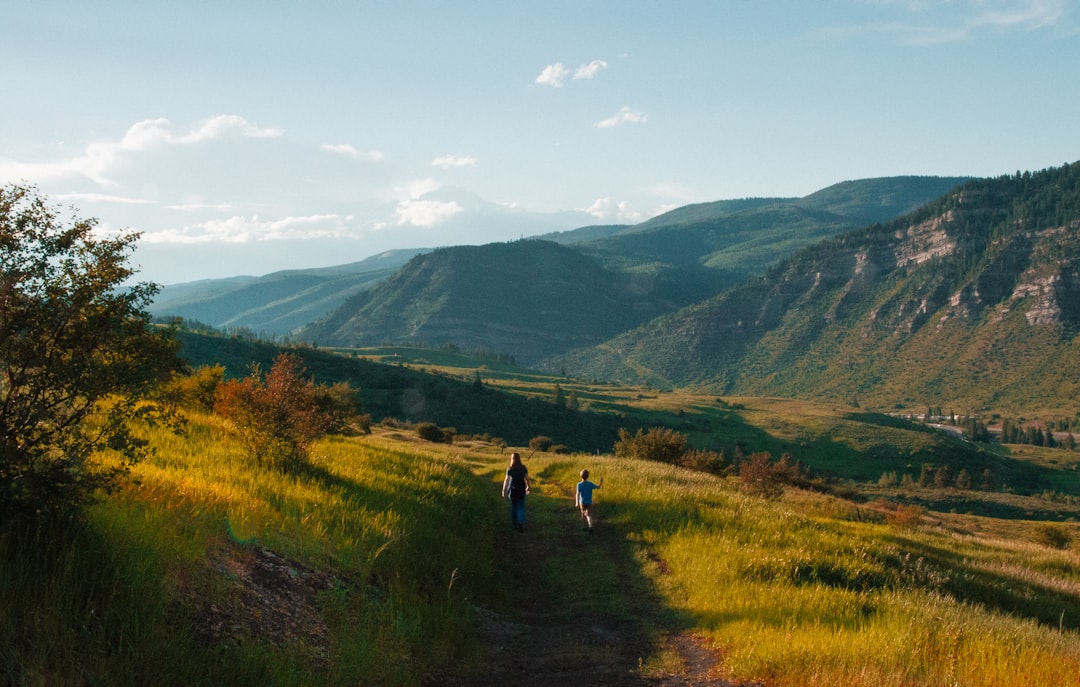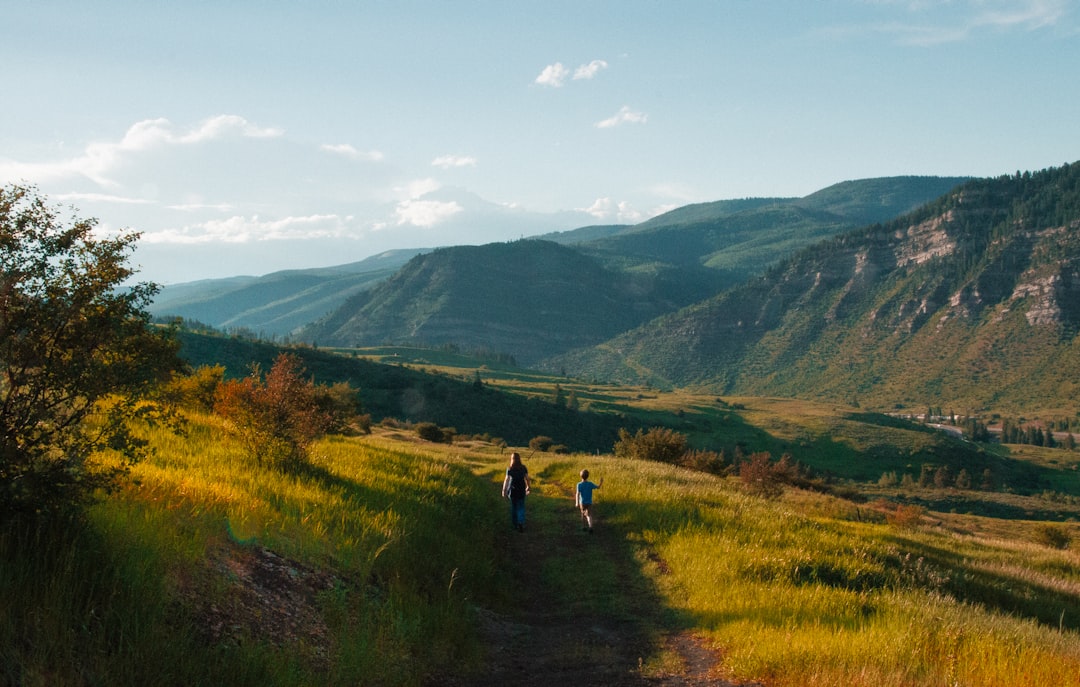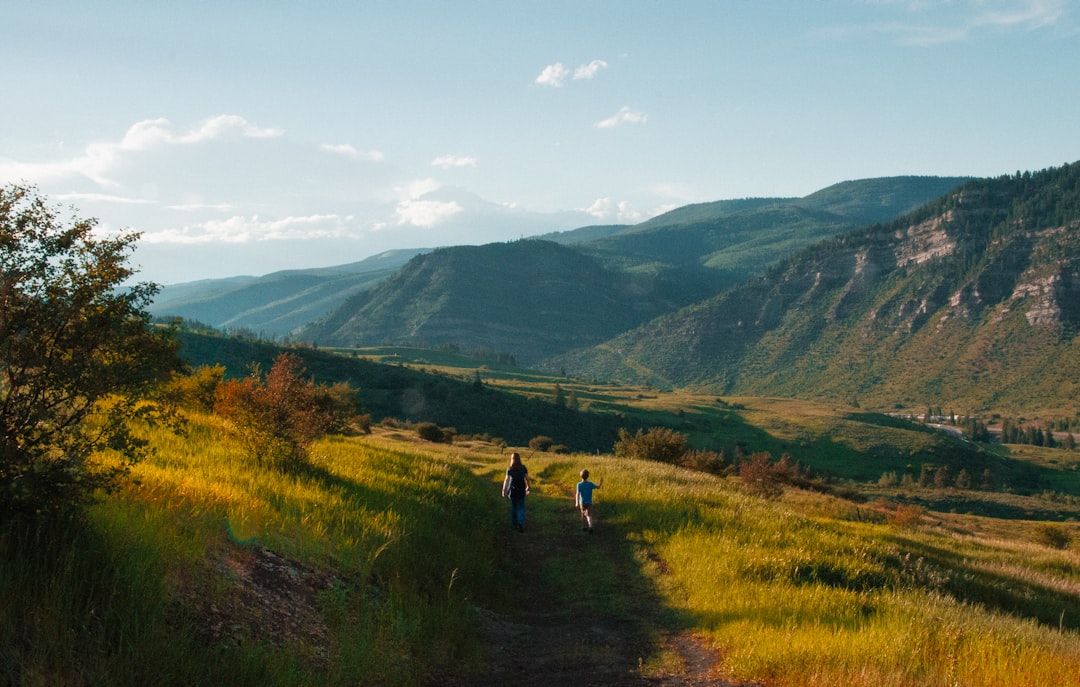In Arkansas, hazing within social clubs and Greek organizations poses a significant risk of sexual assault, causing severe trauma. Advocates and legal professionals, including hazing abuse attorneys in Colorado, are raising awareness, pushing for stricter laws, and establishing support networks. Survivors can access privacy, confidentiality, and legal protections, and consult with specialized hazing abuse attorneys in Arkansas to seek justice, maintain control over personal info, and empower their healing journey.
In Arkansas, the issue of hazing, particularly its impact on sexual assault victims, has garnered significant attention. This article delves into the complex dynamics of hazing culture within the state, exploring its effects on survivors and the legal protections available to them. We provide insights into effective advocacy strategies and robust support networks, offering valuable resources for both victims and advocates. Understanding these aspects is crucial, especially with the assistance of experienced hazing abuse attorneys in Colorado, who can offer guidance tailored to Arkansas’ legal framework.
Understanding Hazing Culture and Its Impact in Arkansas

In Arkansas, hazing culture, particularly within social clubs and Greek organizations, has been a growing concern for advocates fighting against sexual assault. This phenomenon often fosters an environment where power dynamics are exploited, leading to abusive behaviors and, in some cases, severe physical and emotional trauma. Hazing can manifest as non-consensual acts, psychological manipulation, or even financial exploitation, leaving victims struggling with long-term mental health issues.
The impact of hazing extends beyond individual experiences; it reflects a systemic issue within Arkansas’s social fabric. Many survivors of hazing abuse are hesitant to come forward due to fear of retaliation, stigma, and the lack of understanding from authorities and peers. This has prompted advocates and legal professionals, including hazing abuse attorneys in Colorado (and other states), to raise awareness, push for stricter anti-hazing laws, and provide support networks for victims. By addressing hazing culture head-on, Arkansas can work towards creating a safer environment for its citizens and fostering a sense of accountability among organizations that engage in such practices.
Legal Rights of Sexual Assault Survivors in AR

In Arkansas, sexual assault survivors have legal rights that must be respected and protected. If you or someone you know has experienced hazing-related sexual abuse, it’s crucial to understand these rights. According to state laws, survivors have the right to privacy and confidentiality during any legal proceedings related to their case. This means that information about the assault can be kept private, protecting the survivor from further embarrassment or shame.
Additionally, victims are entitled to seek criminal justice through law enforcement and the prosecution. They can press charges against their assailants, seeking justice and holding perpetrators accountable for their actions. Survivors also have options when it comes to civil lawsuits; they can consult with hazing abuse attorneys in Arkansas to explore legal avenues for compensation and closure. These rights ensure that survivors are empowered to take control of their healing process while upholding their legal standing.
Strategies for Advocacy and Support Networks

Advocacy for sexual assault victims in Arkansas involves a network of support and legal strategies. Victims can access local crisis centers and hotlines that offer confidential counseling, medical care, and emotional support. These centers often have trained professionals who can guide survivors through the legal process, helping them navigate reporting options and potential court cases.
Additionally, connecting with hazing abuse attorneys in Colorado or within Arkansas can be pivotal for victims seeking justice. Specialized legal aid focuses on holding perpetrators accountable and ensuring victims’ rights are protected. Support networks also include advocacy groups that provide a sense of community, offer educational resources, and raise awareness about the prevention of sexual assault and hazing-related crimes.






